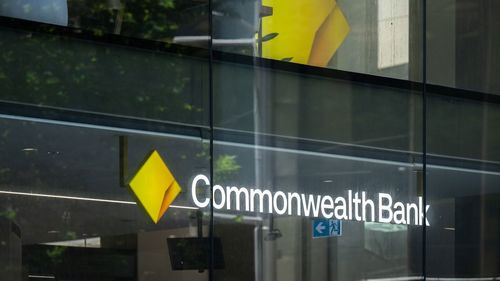Share this @internewscast.com
In partnership with cyber-intelligence company Apate.ai, the technology is designed to interact with phone scammers, collecting “critical intelligence” and stopping them from reaching actual victims.

The bank hopes the technology can disrupt scam operations by adding thousands of dud targets.
CommBank Group Fraud general manager James Roberts said the bank was “turning the tables by using AI to fight back”.
“Every minute a scammer is engaging with a bot is a minute they’re not targeting an Australian,” Roberts said.
“The near real-time intelligence being gathered is a game-changer in how we help to protect our customers and the broader community.”
Apate.ai founder and chief executive Professor Dali Kaafar said the system was based on a “honeypot” strategy.

“Working with our telecommunications partners, Apate.ai manages an extensive and continually expanding network of dedicated phone numbers. These numbers are integrated into the telco networks and specifically set up to be found and targeted by scammers.
“When a scammer dials or messages one of these numbers, they actually engage in conversations with one of our AI-powered bots and not a person.”
Phone scams accounted for the highest overall financial losses last year, according to National Anti-Scams Centre data.















